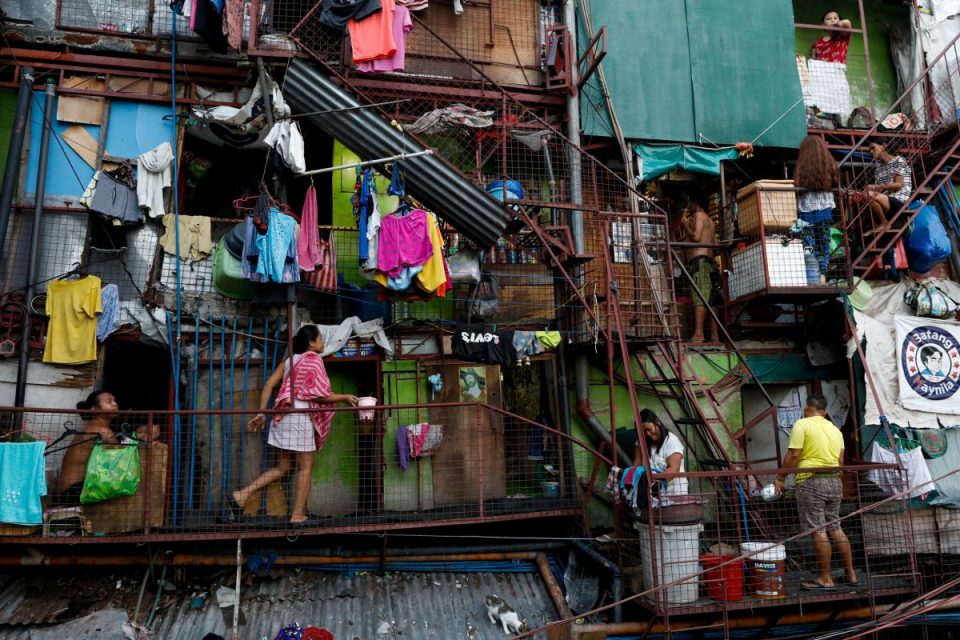KUALA LUMPUR, Sept 27 — The Asian Development Bank (ADB) plans to provide at least U$14 billion between 2022 and 2025 to ease the worsening food crisis in Asia and the Pacific.
President Masatsugu Asakawa said nearly 1.1 billion people lack healthy diets due to poverty and food prices, which have soared to record high this year.
Speaking at a press conference as part of ADB’s 55th annual meeting, he said assistance under the programme will be drawn from across ADB’s sovereign and private sector operations.
ADB also seeks to leverage an additional U$5 billion in private sector co-financing for food security.
“In our sovereign operations, we are repurposing funds from selected projects and strengthening counter cyclical support in a number of countries for a total of approximately US$1 billion.
“We also have at least U$1.5 billion in our project pipeline related to agriculture, natural resources, and rural development,” Asakawa said.
In the private sector, ADB aims to support trade and supply chain financing, providing financing to agribusiness and to farmers; its lending to financial institutions will support small and medium enterprises in the food and agriculture sector.
Private sector support from ADB resources is expected to reach U$800 million in 2022.
Between 2023 and 2025, ADB has programmed up to U$10.7 billion in additional commitments and will be adopting three strategies to build stronger, more sustainable, and equitable food systems.
Asakawa said funding for the support programme will be channeled via existing and new projects in the sectors including farm inputs, food production and distribution, social protection, irrigation and water resources management, as well as projects leveraging nature-based solutions.
“Asia and the Pacific is vulnerable to food shocks, as some of its countries depend on imported staples and fertilizers. Even before the invasion of Ukraine, nutritious food was unaffordable for significant portions of the population in many ADB low-income member countries,” he said.
ADB is also scaling up its climate mitigation and climate adaptation investments and promoting digital transformation initiatives to improve the efficiency of agricultural production and value chains, including fisheries and livestock.
— Bernama





